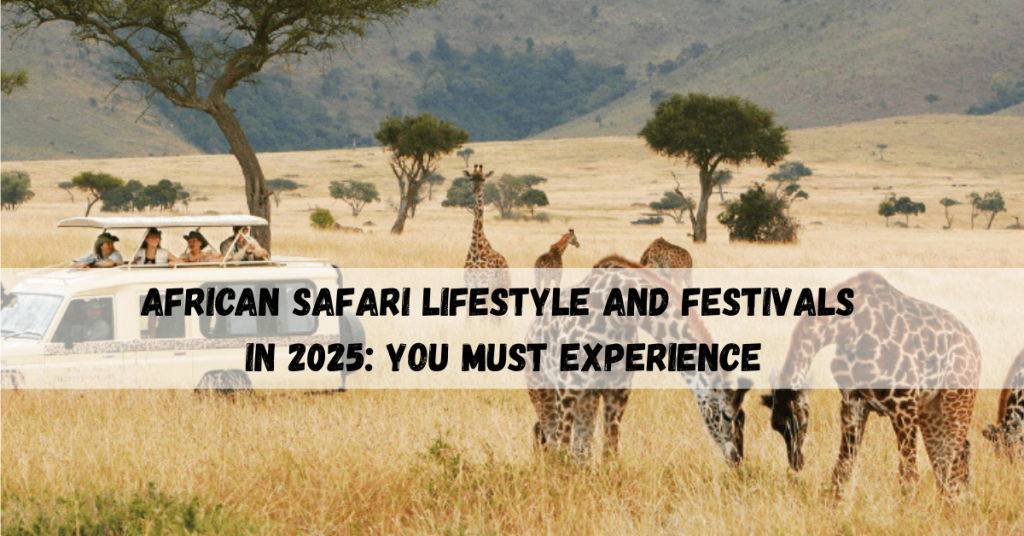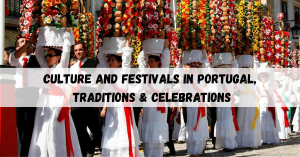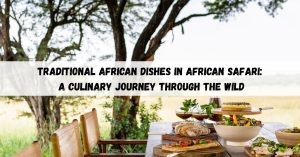An African safari is more than just wildlife; it’s a gateway to a vibrant lifestyle filled with tradition, community, and celebrations. The people living in these regions have a deep connection to their land, expressed through music, dance, and festivals that have been passed down for generations.
This article explores African Safari Lifestyle and Festivals in 2025 communities and the most breathtaking festivals that bring Africa’s rich heritage to life.
Why African Safari Lifestyle is Unique?
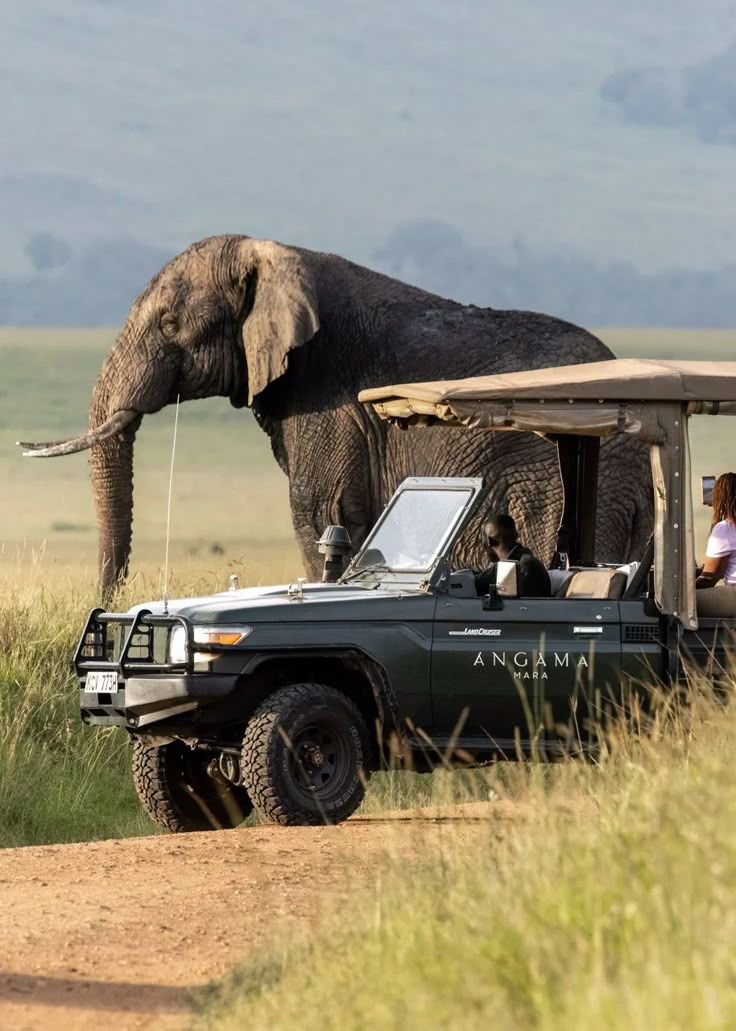
Africa’s safari regions offer a lifestyle unlike any other, blending nature with deep-rooted traditions.
- Strong connection to nature: Daily life revolves around the seasons, wildlife, and the environment.
- Close-knit communities: Safari tribes emphasize family, hospitality, and shared responsibilities.
- Tradition meets modernity: While many communities uphold ancient customs, some have integrated modern practices into their daily lives.
- Spiritual significance: Many cultures honor nature and ancestors through rituals and ceremonies.
The harmony between people, wildlife, and land makes African safari life a truly unique experience.
Daily Life in African Safari Regions
Life in these regions is deeply connected to the environment and traditional practices.
| Aspect | Details |
|---|---|
| Herding & Farming | Many tribes, like the Maasai, depend on cattle, goats, and small-scale farming. |
| Hunting & Gathering | The San people still practice ancient hunting and gathering techniques. |
| Community Living | Strong social structures where elders play a key role in decision-making. |
| Storytelling & Music | Passed-down oral traditions keep history alive through songs and tales. |
This way of life has remained largely unchanged for centuries, preserving the essence of African heritage.
Traditional African Safari Villages
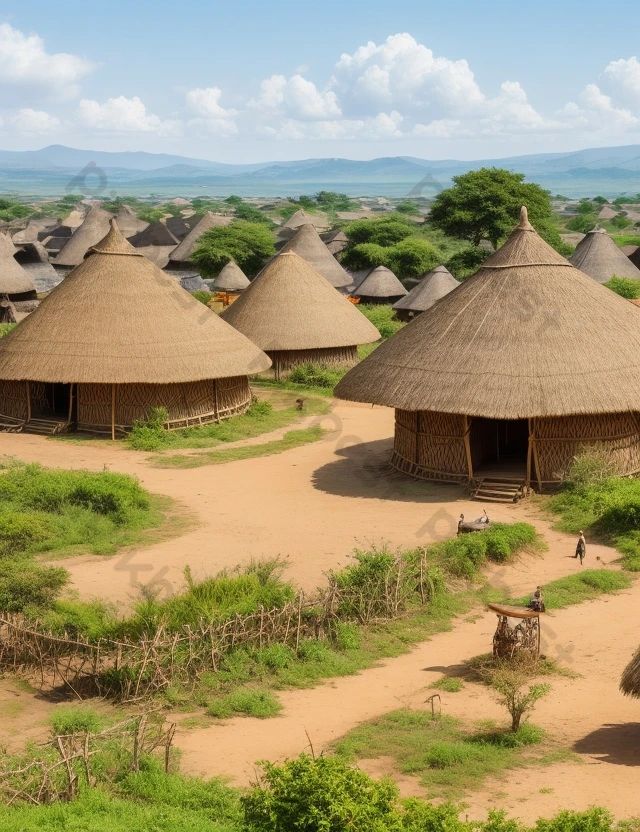
Visiting traditional villages provides insight into African architecture, customs, and daily activities.
- Mud and thatch houses: Built with natural materials that keep homes cool in the heat.
- Vibrant beadwork and clothing: Each tribe has its own unique colors and patterns.
- Communal living: Meals, work, and celebrations are often shared with the entire village.
- Dances and rituals: Many tribes perform symbolic dances for rain, harvest, or coming-of-age ceremonies.
A trip to a safari village is like stepping back in time to witness centuries-old traditions in action.
The Role of Storytelling and Music
Music and storytelling are at the heart of African culture.
| Cultural Element | Significance |
|---|---|
| Oral storytelling | Elders share lessons, history, and moral teachings. |
| Drumming & rhythms | Used in ceremonies, celebrations, and rituals. |
| Call-and-response songs | A common feature in African music that fosters community participation. |
| Dance as expression | Movement is often used to tell stories and honor ancestors. |
Whether sitting around a fire or attending a festival, music and storytelling connect people to their roots.
Traditional Cuisine in Safari Regions
Food plays a central role in African safari communities.
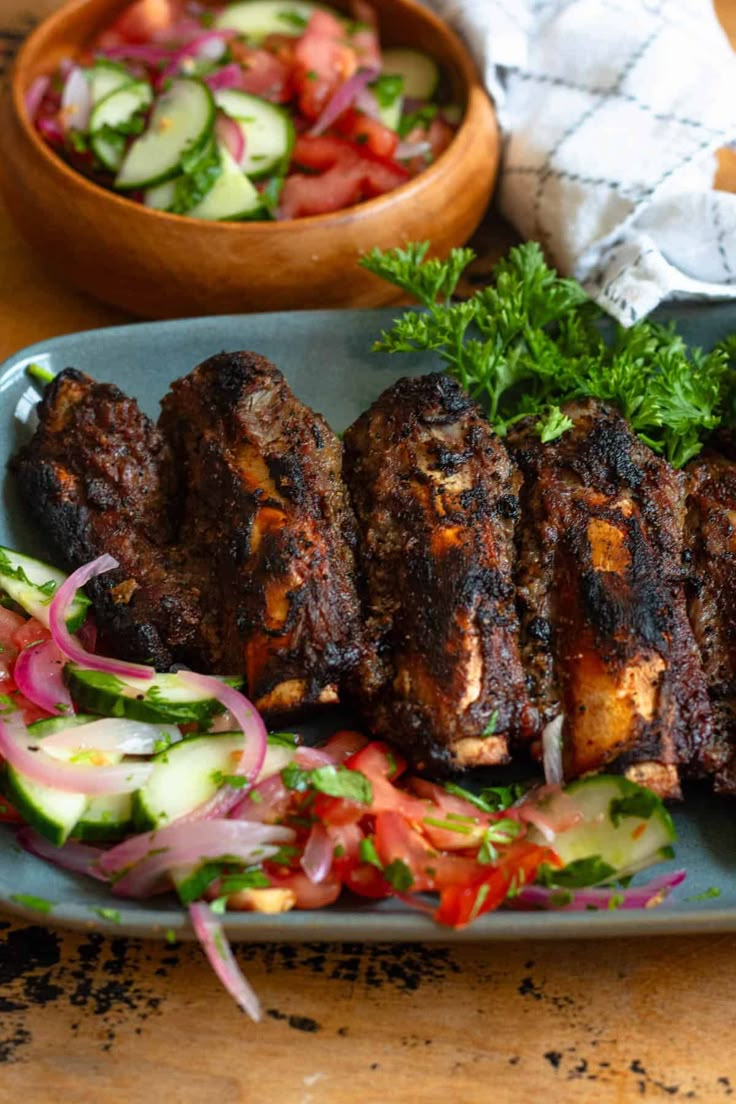
- Nyama Choma (Kenya & Tanzania): Grilled meat, a staple at gatherings.
- Sadza (Zimbabwe): Maize porridge served with vegetables or meat.
- Biltong (South Africa): Dried, cured meat similar to jerky.
- Bobotie (South Africa): A flavorful minced meat dish with an egg-based topping.
Each dish tells a story of the land, the people, and the traditions they hold dear.
The Importance of Festivals in African Culture
Festivals are an essential part of African identity. They honor history, nature, and spirituality.
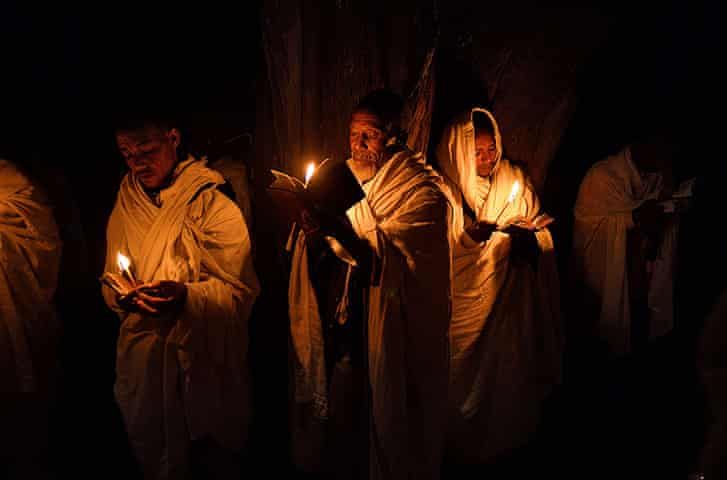
| Festival Type | Purpose |
|---|---|
| Religious Festivals | Mark significant spiritual events, like the Timkat Festival in Ethiopia. |
| Cultural Celebrations | Showcases traditions, dances, and heritage (e.g., Lake Turkana Festival). |
| Nature-Based Festivals | Celebrate wildlife and the environment (e.g., Great Migration Festival). |
These celebrations bring people together and allow visitors to experience Africa’s rich traditions firsthand.
Top Festivals in African Safari Regions
The Great Migration Festival (Tanzania)
- Celebrates the world-famous wildebeest migration.
- Features music, dance, and conservation talks.
- Ideal for wildlife lovers.
Lake Turkana Cultural Festival (Kenya)
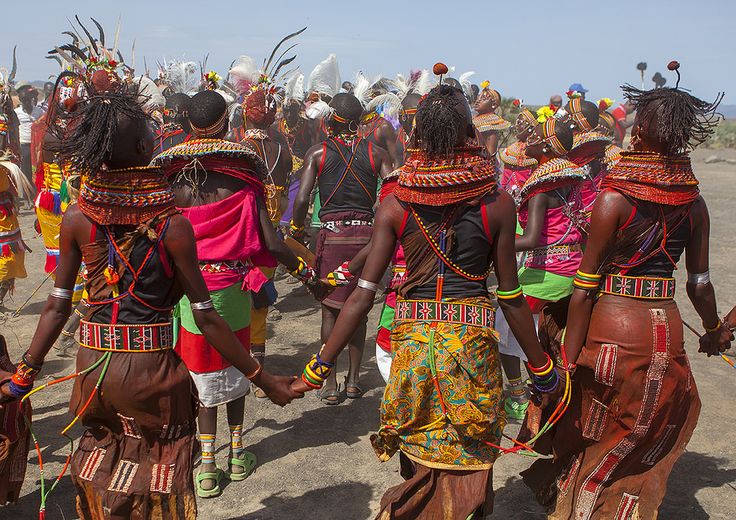
- Brings together over 14 indigenous communities.
- A vibrant showcase of dance, music, and traditional crafts.
- A unique chance to interact with diverse cultures.
Ouidah Voodoo Festival (Benin)
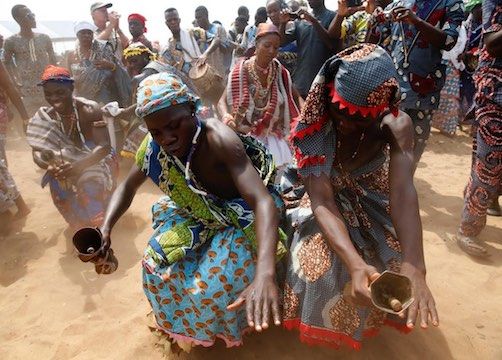
- Explores Africa’s deep spiritual roots.
- Features ceremonies, rituals, and drumming performances.
- A fascinating insight into African spirituality.
Gerewol Festival (Niger)
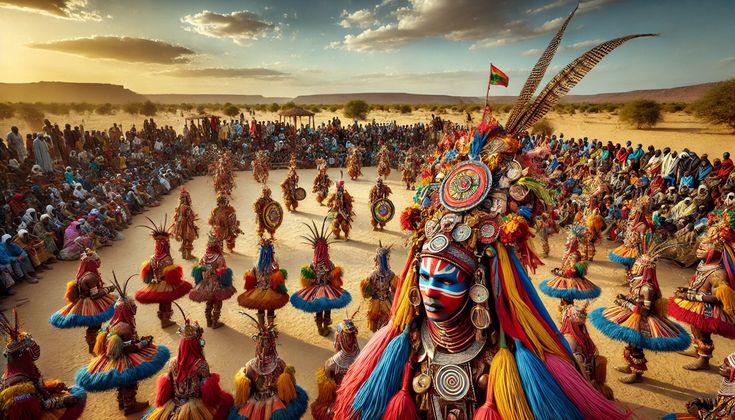
- A unique Wodaabe beauty contest where men compete for female attention.
- Features elaborate costumes, dancing, and face painting.
- A one-of-a-kind cultural experience.
Timkat Festival (Ethiopia)
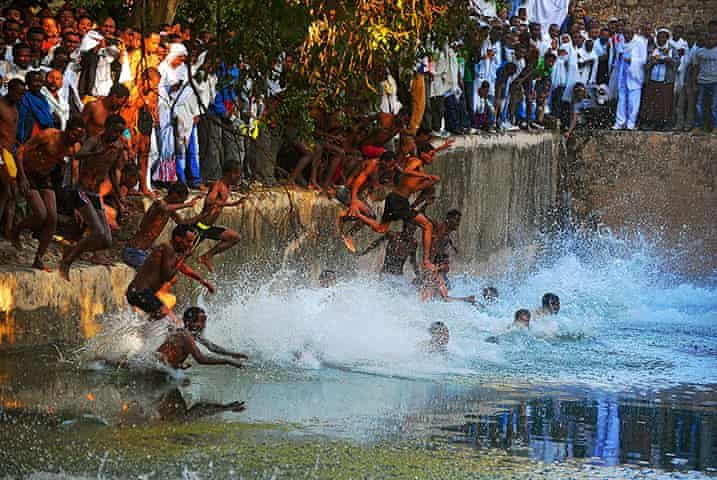
- A grand religious celebration marking the baptism of Jesus.
- Pilgrims dress in white robes and participate in a water-blessing ceremony.
- One of Ethiopia’s most important annual events.
Eco-Tourism and Sustainable Festivals
Many African festivals now promote conservation and sustainability.
- Eco-lodges: Festival locations often encourage responsible tourism.
- Wildlife conservation talks: Many celebrations focus on protecting nature.
- Cultural preservation: Festivals help pass down traditions to future generations.
By attending, travelers support local communities and help preserve Africa’s unique heritage.
Best Time to Visit for Cultural Festivals
| Month | Festival | Country |
|---|---|---|
| January | Timkat Festival | Ethiopia |
| March | Ouidah Voodoo Festival | Benin |
| June – August | The Great Migration | Tanzania & Kenya |
| September | Gerewol Festival | Niger |
| December | Lake Turkana Cultural Festival | Kenya |
Plan your trip accordingly to experience Africa’s most exciting cultural celebrations.
The Influence of African Art and Handicrafts in Safari Regions
African art is deeply connected to the traditions and beliefs of various tribes across the continent. In safari regions, art serves as a visual representation of history, culture, and identity.
- Beadwork and Jewelry: Many tribes, such as the Maasai in Kenya and the Zulu in South Africa, use beadwork to symbolize social status, marital status, and even personal achievements.
- Wood Carvings and Sculptures: Wooden masks and figurines are not just decorative; they play a significant role in ceremonies and rituals. The Makonde people of Tanzania are well known for their intricate carvings.
- Paintings and Rock Art: Ancient rock paintings, found in places like the Tsodilo Hills in Botswana, tell the stories of early African civilizations and their connection to nature.
- Handwoven Baskets and Textiles: The Himba and Herero women of Namibia create beautiful handcrafted baskets and garments, often using natural dyes and materials.
- Economic Importance: Many safari communities rely on selling handmade crafts to tourists as a source of income, preserving traditional craftsmanship while boosting local economies.
Sacred Rituals and Ceremonies in African Safari Communities
Rituals and ceremonies hold immense importance in African safari regions, serving as a bridge between the past and present. These traditions reflect the deep spirituality and respect that indigenous communities have for their ancestors, nature, and the universe.
- Ancestral Worship: Many African tribes believe that their ancestors play an active role in daily life. Offerings, prayers, and ceremonies are performed to honor them, especially during important life events.
- Initiation Rites: Coming-of-age ceremonies are vital in many African cultures. The Samburu and Maasai tribes of East Africa have elaborate initiation rites that mark the transition from childhood to adulthood.
- Rainmaking Ceremonies: In regions where agriculture depends on rainfall, traditional rainmakers perform rituals to seek blessings from the gods for a bountiful harvest. The Balobedu people of South Africa have a Rain Queen, believed to have the power to summon rain.
- Healing Rituals: Traditional healers, known as sangomas or shamans, use herbs, spiritual chants, and ancestral guidance to treat illnesses and offer wisdom.
These ceremonies, often accompanied by drumming, dancing, and singing, provide insight into the spiritual and cultural fabric of African safari communities.
African safaris are more than just game drives—they are an invitation to witness a way of life deeply connected to nature and tradition. Whether it’s through music, dance, storytelling, or festivals, each experience is a gateway into Africa’s soul. If you truly want to understand the spirit of Africa, immerse yourself in its lifestyle and celebrations.
Frequently Asked Questions (FAQs)
What is the most famous festival in African safari regions?
The Great Migration Festival in Tanzania is one of the most well-known events.
Are African festivals open to tourists?
Yes! Many festivals welcome visitors to experience their traditions.
Which festival is best for tribal culture?
The Lake Turkana Cultural Festival in Kenya brings together multiple ethnic groups.
What should I wear to an African festival?
Comfortable clothing, and in some cases, traditional African attire is encouraged.
When is the best time to visit African cultural festivals?
It depends on the festival, but most occur between January and September.
